Q&A panel debates climate anxiety and the ‘Greta effect’
A woman has explained on Q&A why she is “too scared” to have children and how she suffers from climate anxiety.
Eat less meat. Drive electric cars. Teach kids about “climate science” to enhance the “Greta effect”.
But don’t let your “climate anxiety” stop you from having kids — otherwise who will take those climate science classes?
Those were just some of the takeaways from Monday night’s climate change Q&A, dubbed “Climate Solutions”, featuring an expert panel consisting of former Australian Idol host Osher Gunsberg, Business Council of Australia CEO Jennifer Westacott, Matt Evans from Gourmet Farmer, Australian Renewable Energy Agency chair Martijn Wilder and sustainability entrepreneur Sophia Hamblin Wang.
Making a special guest appearance was 13-year-old climate activist, Izzy Raj-Seppings, who went viral in December when she was threatened with arrest during a protest outside Kirribilli House.
“Ever since then the holidays have been a crash course in learning about the climate crisis, how political decisions are made and how the media works,” she said in a video message.
“My question for the panel — do you think it’s time we saw the school curriculum updated to give us kids more of the skills and knowledge we’ll need for the world we’re inheriting with topics such as climate science, media literacy and political engagement?”
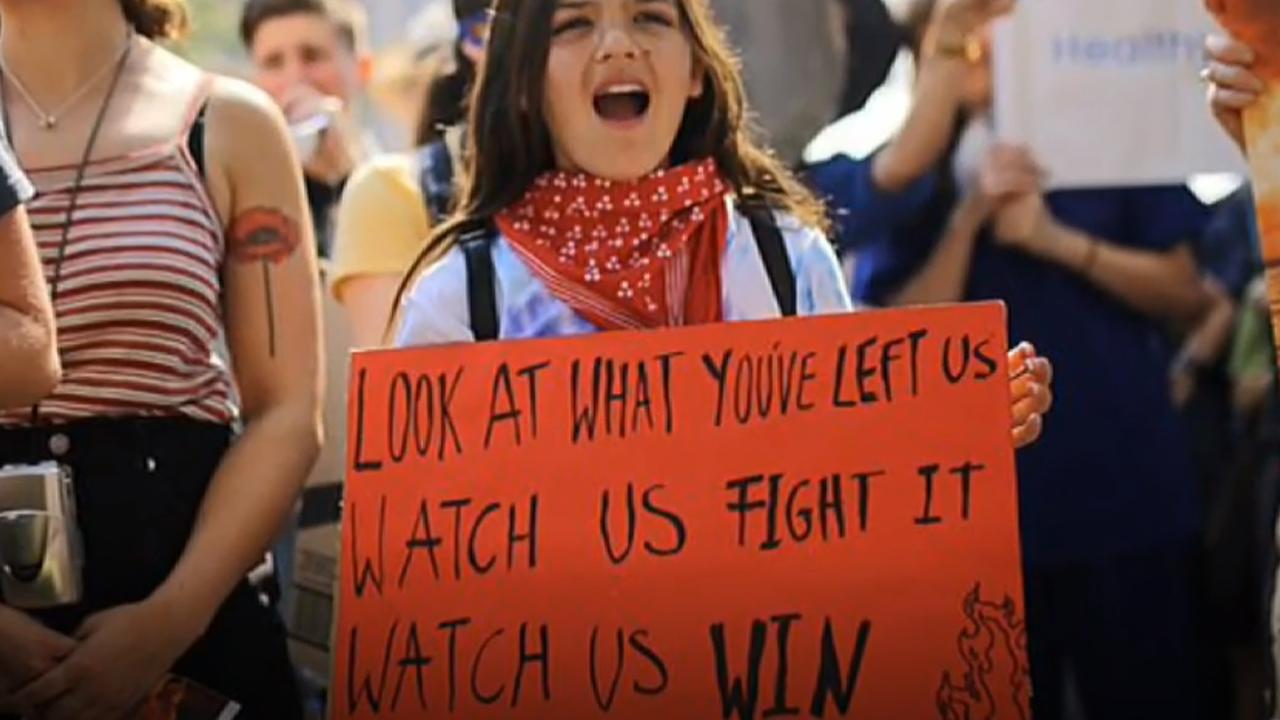
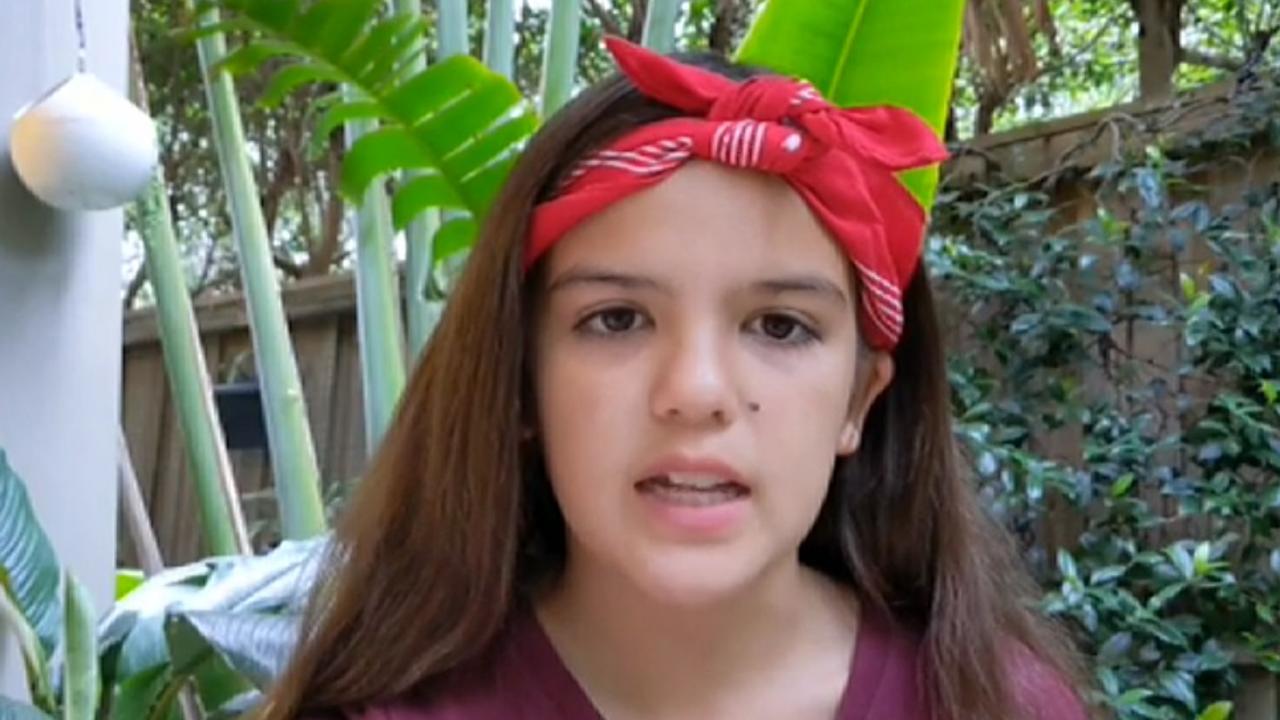
Gunsberg agreed that it would be “incredibly valuable” because of “how out of touch” the federal government is “with the fact this young lady will be voting in four years from now”.
“It’s an absolutely important skill set to bring our young children,” he said.
Evans agreed, saying he had come around to the idea of school climate protests after initially being unhappy that his son wanted to attend in Hobart last year.
“I just thought, protests for protest sake, when there should be leadership from government, I thought I’m not sure he was going to get much out of it,” he said.
“When I heard our leaders say, ‘Leave it to us,’ I thought, ‘We’ve left it to you.’ I went to university in 1988, it was an issue back then. We’ve done so little. We’ve done sweet FA for so long that I said, ‘Go with your school and your mates and make the noise. The grown-ups aren’t acting like grown-ups. Maybe you can and wake us up a little bit.’”
Ms Wang said the “Greta effect” had “empowered a lot of us, not only young people, but older people too, to be able to have frank and honest conversations at our dinner tables”.
“Greta has been such an important part of getting CEOs and heads of state and leaders in our community to actually speak about climate change and sustainability with their children at their dinner table,” she said.
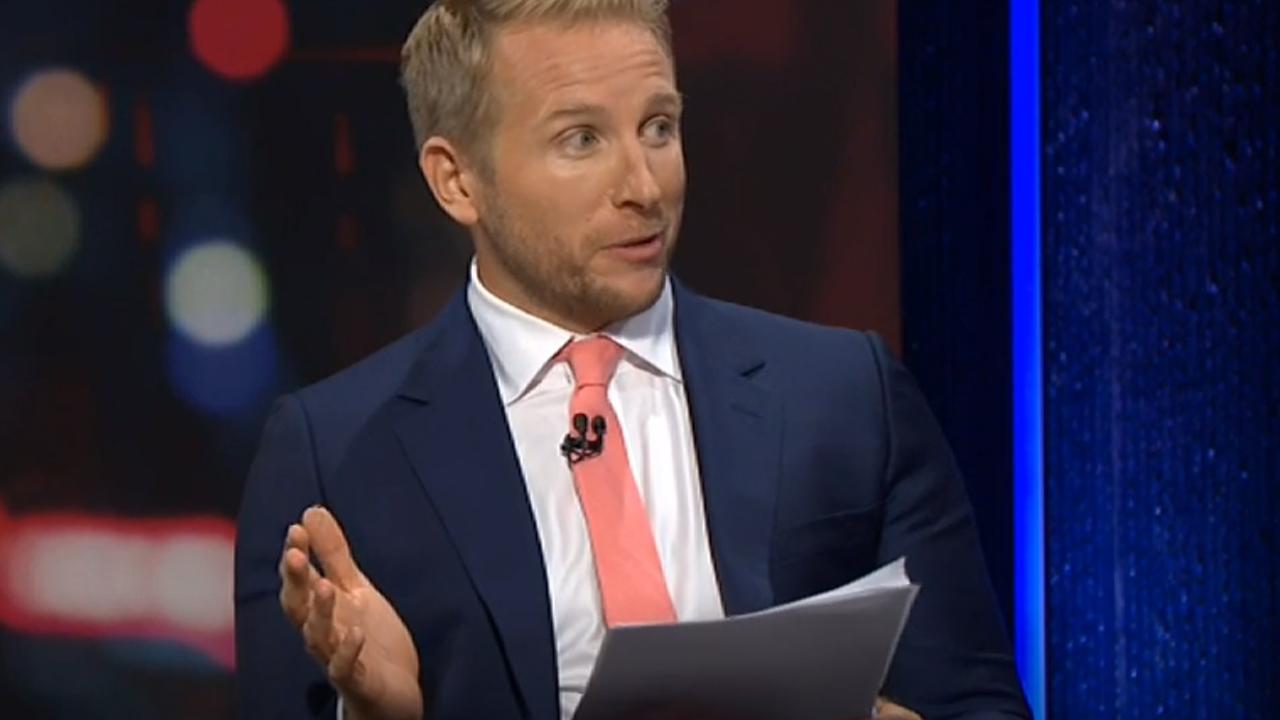
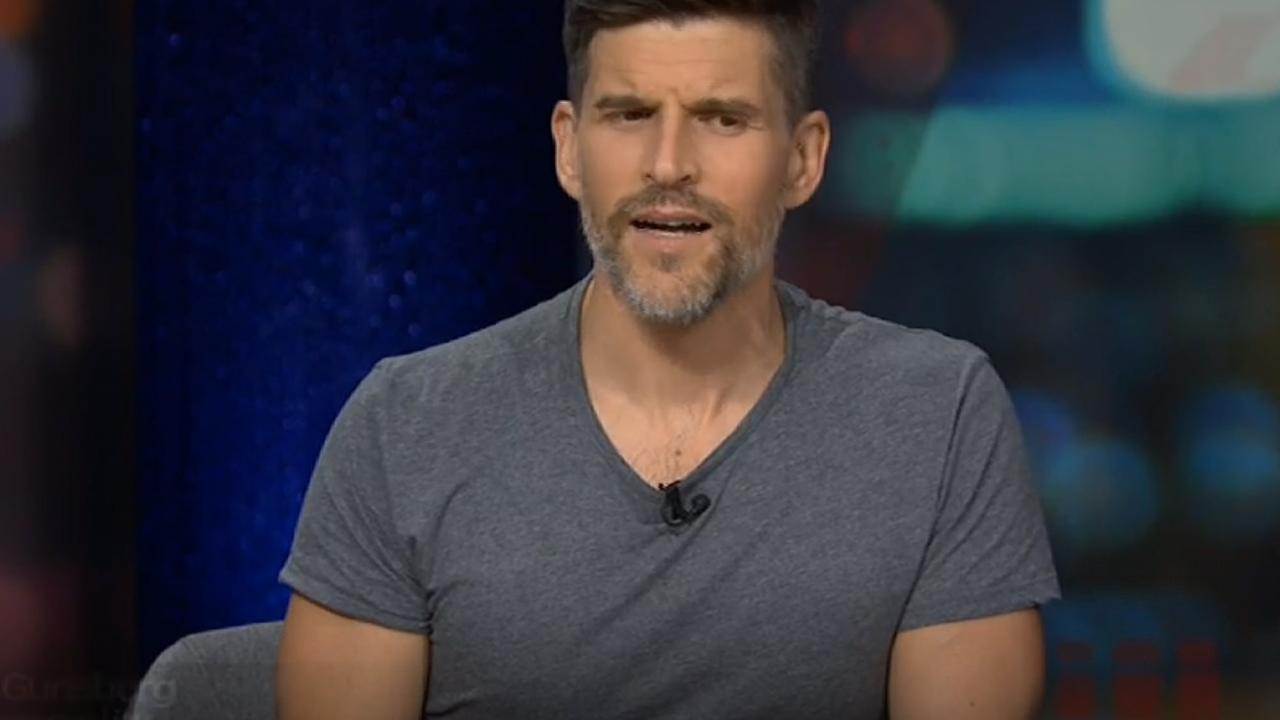
GUNSBERG OPENS UP ON ‘CLIMATE ANXIETY’
Several audience members who asked questions were from Victoria’s Latrobe Valley.
“When people ask me what I do for a job, I say I work in a coal-fired power station, I’m a bit of a dinosaur, my role is Homer Simpson,” said Tony.
“We need decisions. We need policy framework. We need an idea of where we’re going. The workforce that I’m with is highly innovative and up for the challenge. We will adapt to whatever is, whatever is put in front of us.”
Noting that he also comes from a long line of coal miners, Evans helpfully pointed out that “what I think we have to recognise is the people who work in that industry aren’t inherently evil”.
“The people who work in renewables aren’t inherently saints,” he added.
“They’re not all walking around with halos on their heads. They’re just human beings. When we talk about transition, it’s micro-steps to get to where we need to be.”
On the topic of what individuals can do, host Hamish Macdonald asked Gunsberg about different levels of sacrifice that would be needed by members of the community — but Gunsberg said he “wouldn’t call it sacrifice at all”.
“The benefits that I get in my life for the choices that I make around my impact on the world are extraordinary,” said Gunsberg, who recently snapped up a $2.9 million home in the affluent beachside suburb of Bronte.
“I too have an electric car. And I’ve been driving electric cars since 2011 and they’re an extraordinarily exciting, they’re fun to drive. I have an electric bike as well that I get around on. It is super fun.”
Gunsberg said he was “going through enormous climate anxiety in 2014” when he realised “that I don’t personally control global energy policy”.
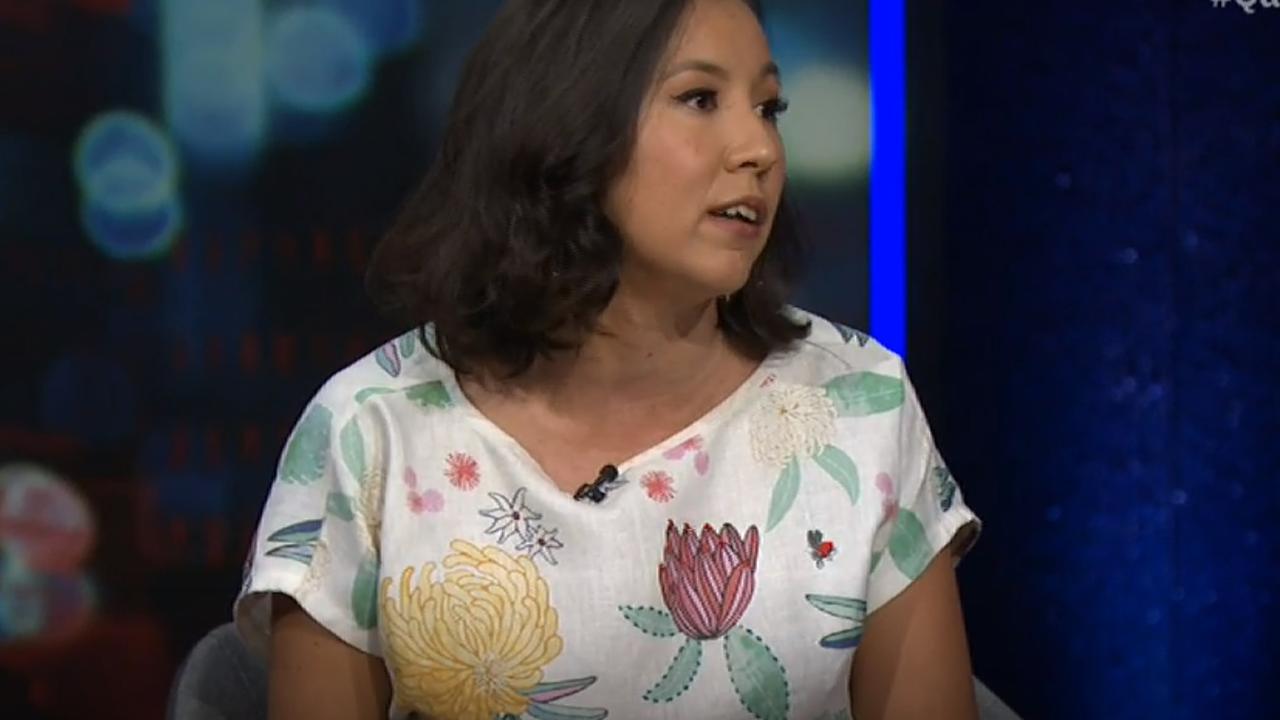
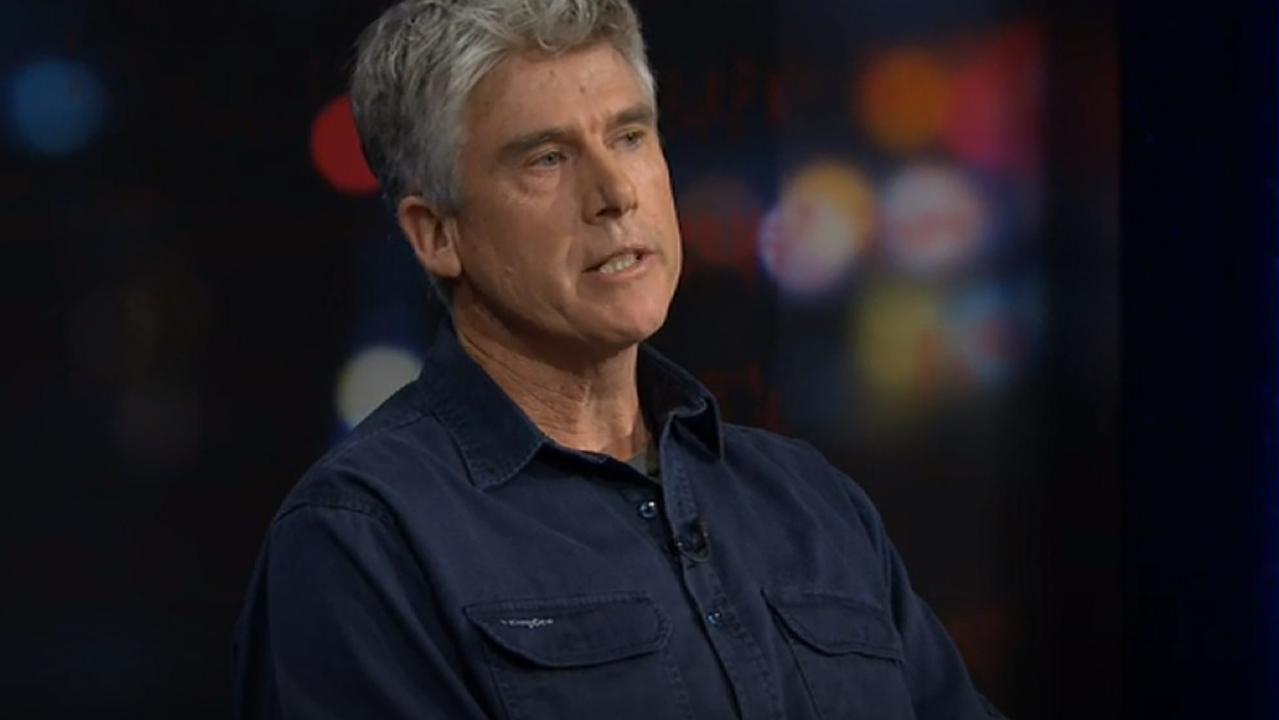
The TV and radio host had a zinger when debating Ms Westacott about Australia’s controversial proposal to use “Kyoto carry-over credits” to meet its Paris Agreement emissions targets — a move that basically equates to saying, “We could have polluted this much, but didn’t.”
“Trying to say the Kyoto credits work is like saying to my current wife, ‘I did heaps of dishes in my first marriage, so I don’t need to do the dishes in this one,’” Gunsberg quipped.
One audience member, Alice, asked how Australians could be encouraged to eat less meat to “reduce their environmental footprint”.
Evans pointed out that “one way for people to alleviate their climate anxiety is through dietary sources”.
“But we still eat 100kg of meat per person per year, which is about three or four times the global average,” he said.
As the conversation veered into veganism, Macdonald returned to Alice for part two of her question.
“You describe yourself as someone that has experienced climate anxiety — what’s that done to change your view, not just on food, but also family?” he asked.
Alice confided that “probably a couple of years ago, as a result of studying environmental and climate science” she “came to the conclusion that it was unsafe, unethical probably and just a bad choice for me to make to bring children into the world”.
“I would really like a family but I’m way too scared to do it,” she added.
Gunsberg, who has spoken publicly about his mental health battles in the past, implored Alice not to be discouraged by the coming climate apocalypse.
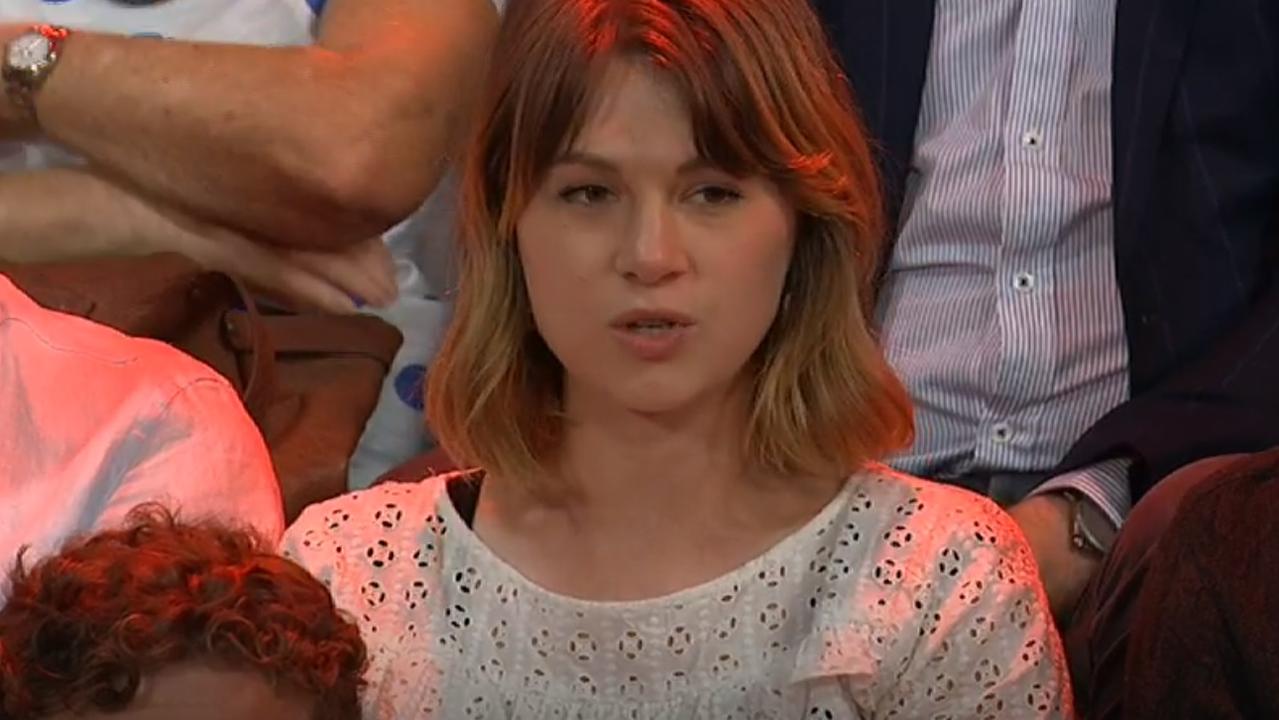
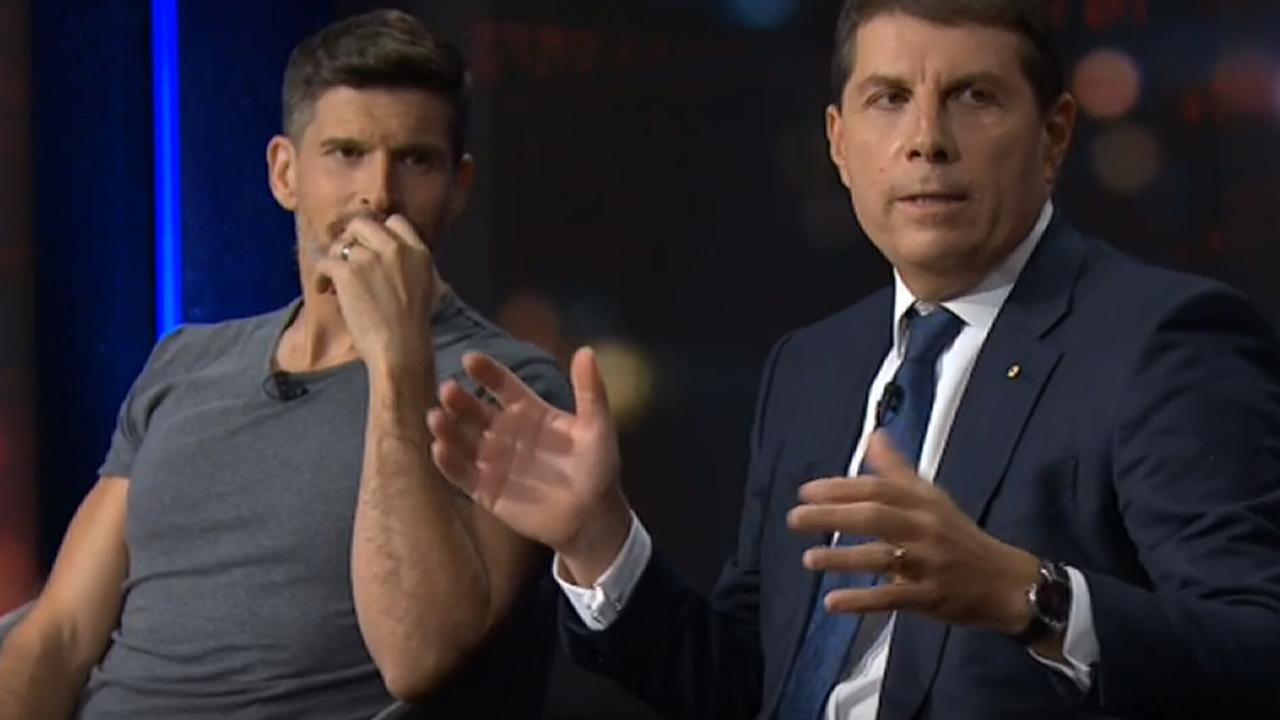
“As someone who has suffered incredible climate anxiety, I had episodes of psychosis that manifested as paranoid delusions,” he said.
“I was on two different kinds of antipsychotics and was seeing things. You’re not alone and when you know what you know — it’s a completely ordinary normal reaction to have when you look at what is coming, and you hear some of our politicians going, ‘It’s all hot air.’ It’s horrifying to try and look at it.”
Gunsberg said those “personal choices, they’re the things that give you agency in this”.
“We’ve just had a baby, he’s five months old now,” he said.
“Right before he showed up my wife could see me losing it again. She goes, ‘I’m going to need you to get back on meds.’ I had to get back on meds. Having Wolf in my life, with a baby in your life, that is hope. That is absolute hope. What can we build for this child? Please, the world needs your child in it, because you think about it.”
Just as things threatened to become too agreeable, one audience member — describing himself as “passionate about climate change due to my young age of 18” — went and dropped the N-word.
“Considering the harmful emissions of coal and in the inconsistency of renewables, is it time for Australia to look at a new industry that will provide thousands of jobs like nuclear, it is extremely reliable and would lower the cost of electricity?” he asked.
Mr Wilder — who moments earlier claimed widespread reports that Japan intends to build up to 22 new coal-fired power stations were “not correct” — was not a fan of that idea.
“I don’t believe (nuclear) will lower the cost of energy,” he said.
He cited “many disasters like Chernobyl and Fukushima” and questioned whether “at the end of the day will an investor invest in nuclear”?
“In this country probably no,” he said. “In this country … politically a lot of the public aren’t fond of nuclear.”
Mr Wilder later added, “If you want new generation in this country, the fact is the cheapest generation is wind and solar.”
Gunsberg hit back. “I’ll have a to disagree with you on a bunch of stuff there, mate,” he said. “It’s an absolute fact that nuclear is safer than coal. No one got hurt from (Fukushima). The people got hurt evacuating. Not from the reactor.”
Ms Westacott tried to calm things down, saying “it’s an important question” and “we have had far too much of ruling things in and out”.
“I think we should have an open mind about it,” she said.
Things continued in this vein for a while, and eventually Paul Kelly appeared for a musical number.
“Sleep, Australia, sleep,” he sang. “Oh, sleep, now, don’t worry, ‘cause it’s only a matter of degrees. Fog, Australia, fog. Just like the boiling frog.”




